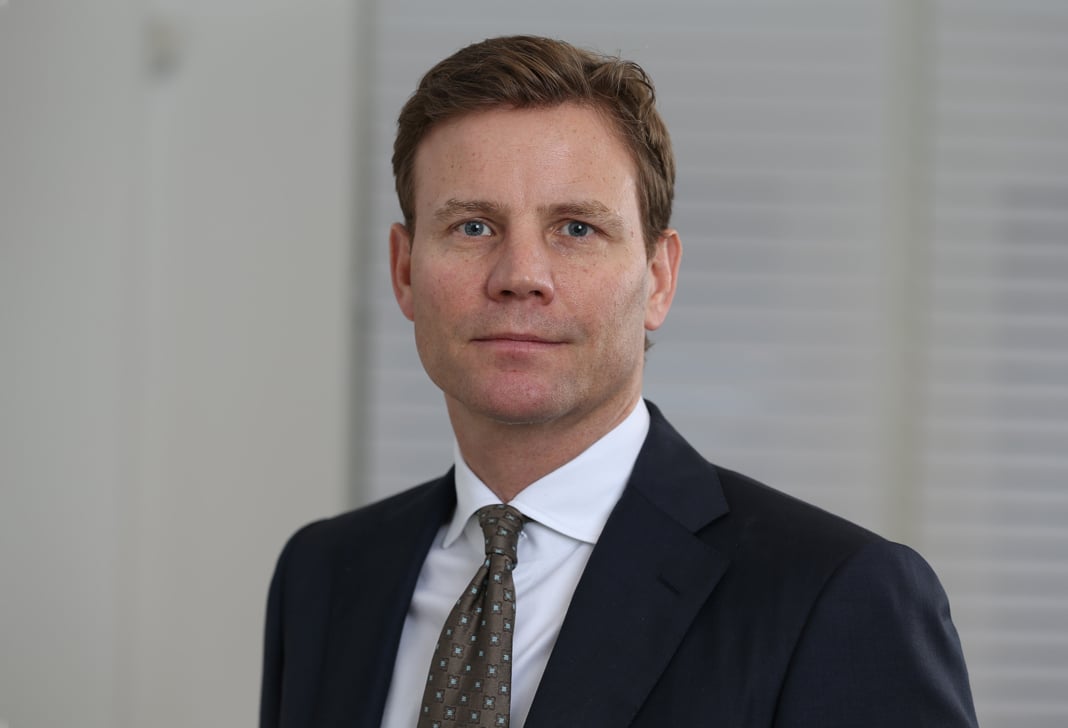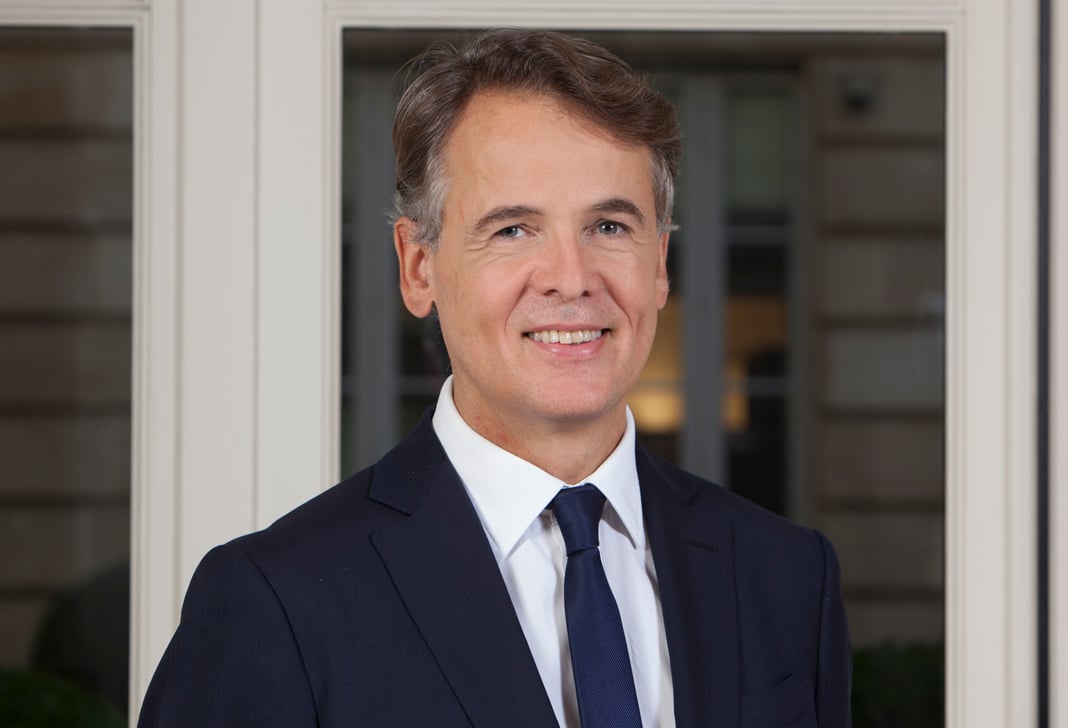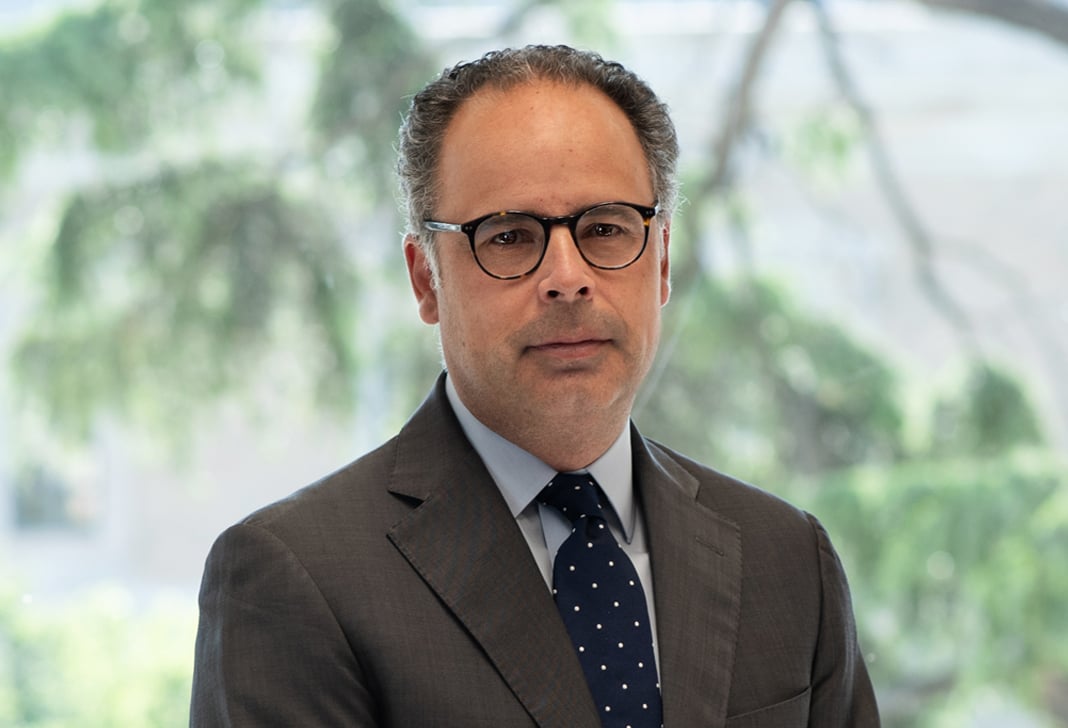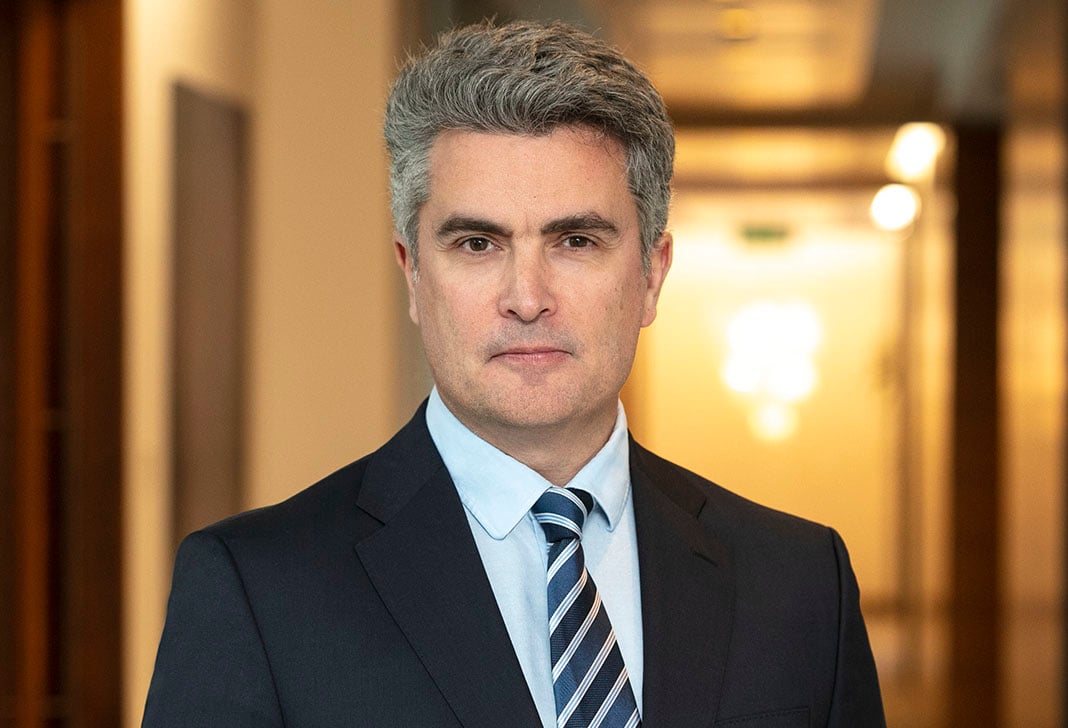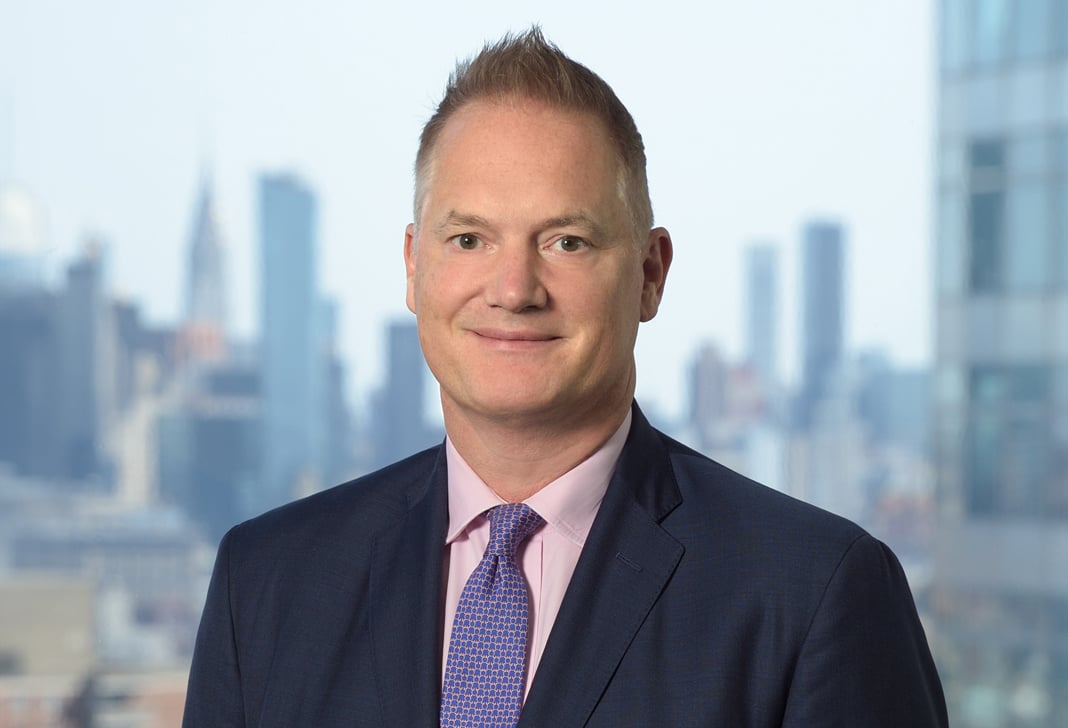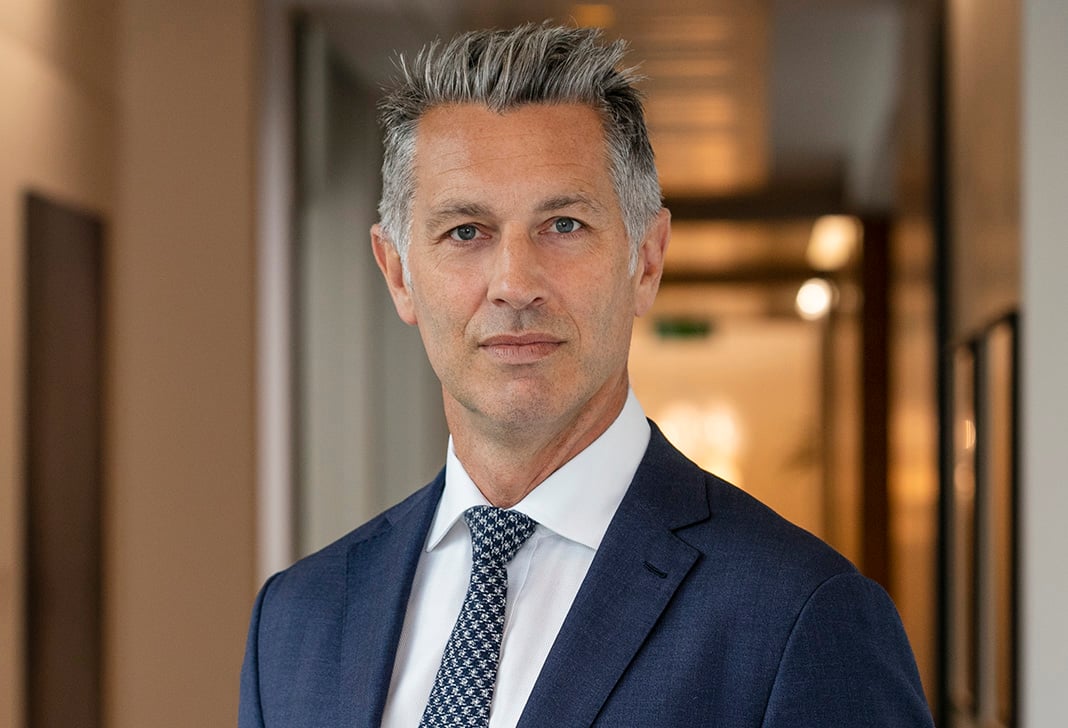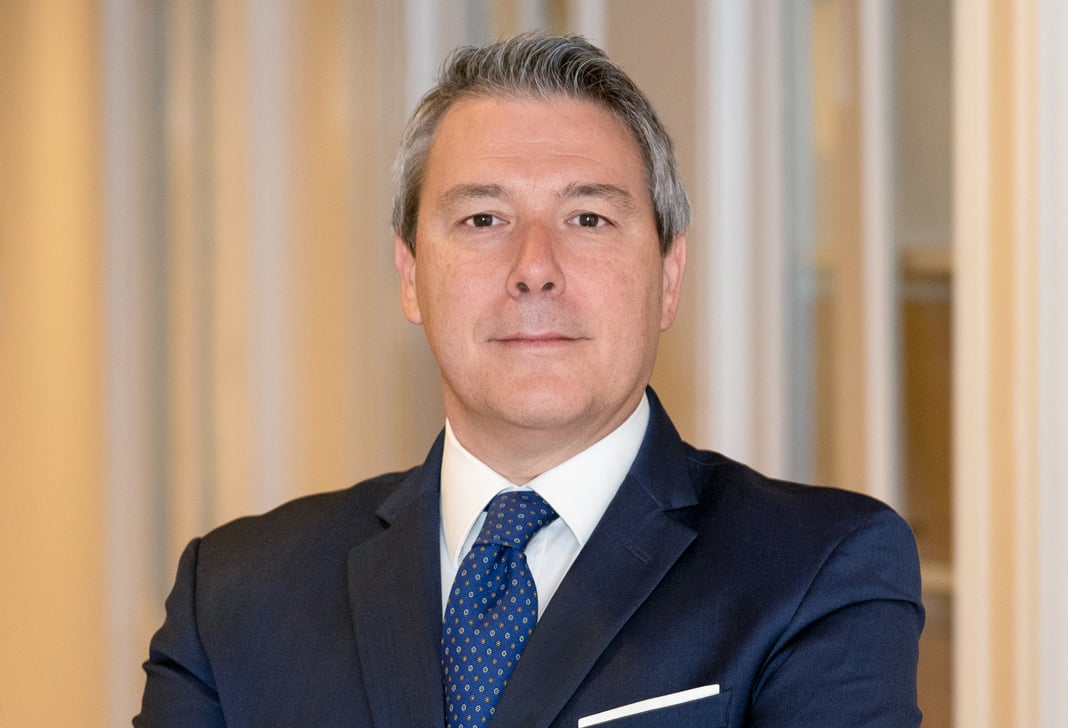
EuroResource--Deals and Debt
Recent Developments
Global—On 1 November 2013, in a summary order without explanation, a three-judge panel of the US Court of Appeals for the Second Circuit refused to lift a stay of execution, pending possible en banc or US Supreme Court review, of its 23 August 2013 ruling upholding a lower court's order directing Argentina to pay holdout bondholders US$1.33 billion. The request to lift the stay was made on 15 October 2013 by holdout bondholders led by hedge funds NML Capital Ltd, a unit of Elliott Management Corp., and Aurelius Capital Management LP. On 18 November 2013, the Second Circuit rejected Argentina's request that a larger panel of circuit judges reconsider its 23 August 2013 ruling. The court also denied requests by groups holding restructured bonds to reconsider the case. On 7 October 2013, the Supreme Court had denied Argentina's seemingly premature petition for the court to review a non-final 2012 ruling by the Second Circuit (NML Capital, Ltd. v. Republic of Argentina, 699 F.3d 246 (2d Cir. 2012)) upholding a lower court's orders barring Argentina from paying holders of debt restructured in 2005 and 2010 without also paying holdout bondholders in full but remanding to the trial court on the issue of implementation of the remedy. The US Supreme Court is expected to have the opportunity to review another appeal from Argentina in coming months.
The EU—The scope of what constitutes winding-up proceedings in the EU has been broadened by a decision of the European Union Court of Justice ("EUCJ"). The ruling—LBI hf v Kepler Capital Markets SA [2013] EUECJ C-85/12 (24 October 2013)—will make it more difficult for creditors to bring enforcement actions, as companies may be adjudged to be protected sooner by winding-up proceedings, and in some cases moratoria on creditor action may be retroactive. In LBI, there was a court-ordered moratorium on legal proceedings over certain Icelandic credit institutions. Following a change of law, those companies were then deemed to be in winding-up proceedings by virtue of the fact that they were subject to the moratorium. The EUCJ has previously held that these winding-up proceedings fall within the 4 April 2001 Directive on the reorganisation and winding-up of credit institutions (2001/24/EC) (the "Directive"), and so are recognised across the EU (and the European Economic Area). The EUCJ also held that the Icelandic moratorium had retroactive effect, effectively blocking an enforcement action begun in France against one Icelandic institution before the moratorium was granted.
The decision contradicts a ruling by the English High Court on the same point in which the High Court held that winding-up proceedings would not be recognised under the Directive unless there was an actual winding-up order issued by the Icelandic court. By its ruling in LBI, the EUCJ appears to be broadly construing legislation in an attempt to ensure that the assets of distressed credit institutions throughout the EU are dealt with by the law of the home member state of the institution.
Newsworthy
Jones Day is advising the chief executive officer of Paris-based Assystem in connection with his intended US$500 million tender offer for the company's equity securities. Assystem is an international engineering and innovation consultancy group that employs nearly 11,000 people worldwide and reported €855 million in revenue in 2012.
Jones Day advised French internet company Criteo S.A. ("Criteo") in connection with its successful initial public offering on NASDAQ on 30 October 2013, in which the company raised US$288 million. Following its market debut, Criteo was valued at US$1.7 billion. Paris-based Criteo is a leading global technology company that specializes in performance display advertising.
Jones Day counseled the Amsterdam Internet Exchange, B.V. ("AMS-IX") in creating a corporate and operational structure to launch an internet exchange in the US. The structure allows for an internet network expansion into the US without potential spillover of the US Patriot Act into Europe/Asia and Africa networks where AMS-IX currently operates. AMS-IX is the second largest internet exchange in the world. The new entity ("US Inc.") is meant to enable deployment of internet exchanges in the US that will not be physically connected to the AMS-IX exchange platform in Amsterdam, but are stand-alone exchanges. US Inc. will be a Delaware incorporated company and a wholly owned subsidiary of AMS-IX.




